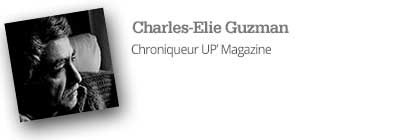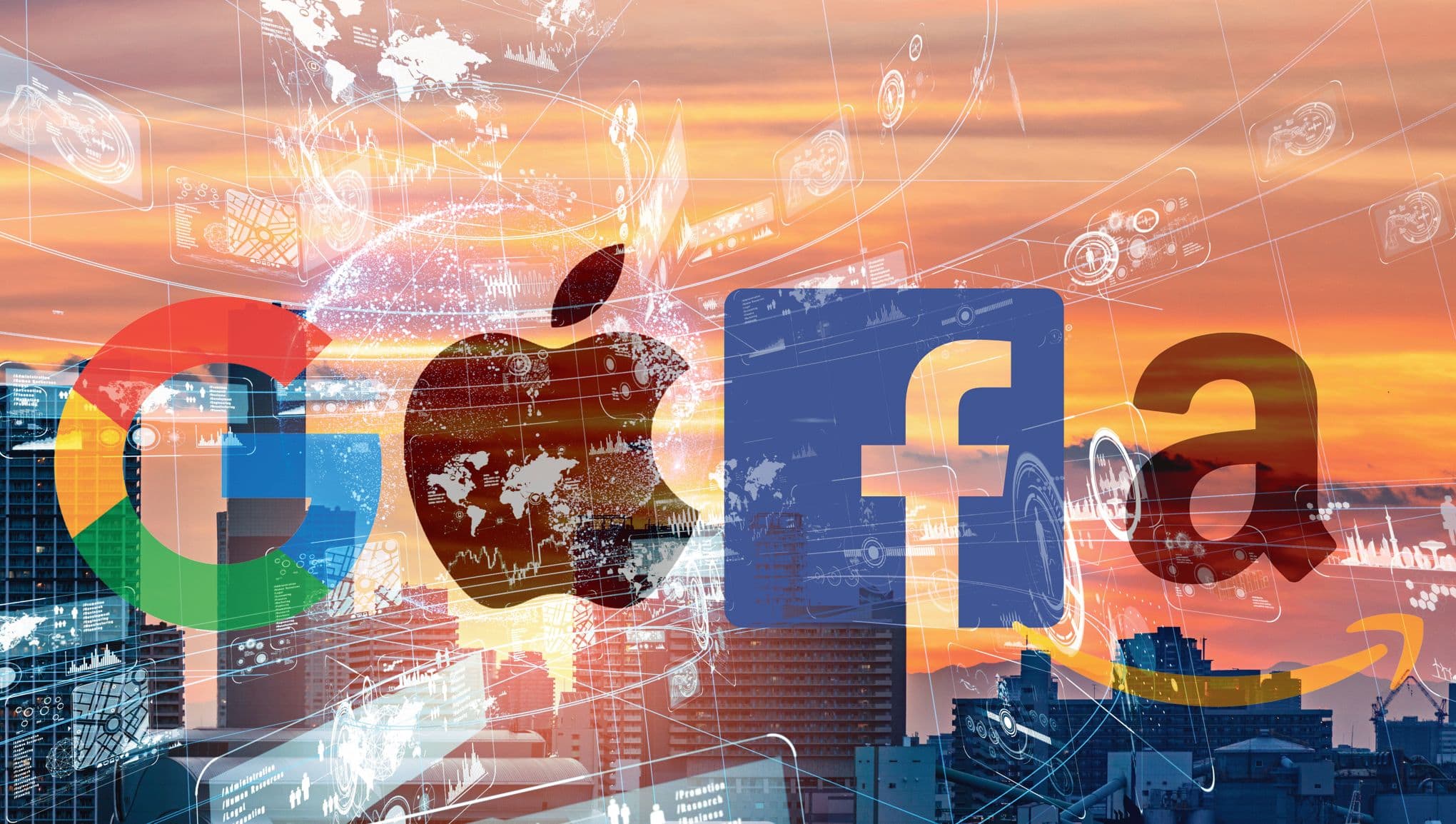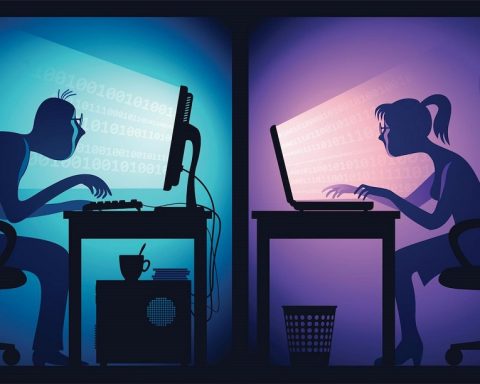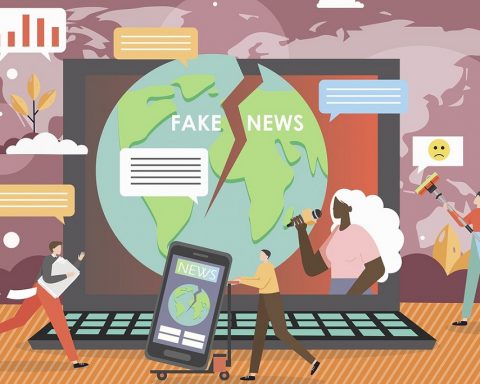It is an article in the Washington Post signed by our colleague Reed Albergotti who throws this paving stone into the pond and breaks the silence. The mythical and often adulated apple brand shamelessly plunders the best ideas in the applications it hosts on its own App Store. The privilege of a giant that holds a market by all its ends, but a privilege that risks being challenged for abuse of dominant position by the courts. Apple isn't the only company to be in the crosshairs: Amazon, with its marketplace, practices the same abuses by drawing winning inspiration from its own merchants. A visit to the big market of large-scale looting of the best ideas.
Imagine for a moment that you had a great idea in the night. An idea that will make you a millionaire and help hundreds of thousands of people. You can already see this idea materialized in an application that everyone will use on their smartphone. It will appear on the front page of the iPhone of your future users, well placed next to other pearls of technology, arranged in the screen, like tempting sweets in a box of chocolates.
But your idea will have to be technically realized and then put into practice. That's where the difficulties will start, the sleepless nights will accumulate, the errors will multiply, the pizzas that taste like cardboard will pile up under your computer, the lines of code will stretch endlessly before your exhausted eyes... In short, you will experience the fate of any developer who wants to bring an application to the world.
And then one morning, like a miracle, your app works. No errors, no bugs, it's perfect, it's everything you dreamed of. In order for everyone to benefit from your ingenious invention, you still have to go through one more step, because creating an application is a real obstacle course. That step is Apple.
The fighter's journey
For an application to be made available to everyone and become a success, there are not fifty solutions; there is only one: make it accepted on the Apple App Store. The App Store is one of the ideas of the century of Steve Jobs, the founder of the brand. Not only did he create the object that revolutionized the lives of billions of people around the world, he also invented the ecosystem that goes with it. A marketplace open to developers to make applications that multiply the uses of the iPhone.
This market place, the App Store, now boasts more than two million applications of all kinds. You must have some of them in your smartphone. For an application to be accepted on the App Store, it must go through the brand's own forks and comply with numerous technical criteria; it must also meet Apple's requirements, which are laid down in a set of "rules" and "best practices" that often form a very complex maze. Small detail too: to submit your application on the App Store, you will have to pay a license fee of a hundred euros. A drop of water compared to what your app has already cost you in time and energy. To this amount, you'll have to consider adding the 15 to 30 % commission that Apple will take from the sale of your app. But we'll think about this detail later...
Why not enjoy unlimited reading of UP'? Subscribe from €1.90 per week.
So this morning, your application is ready. You will submit it to Apple. In other words, you're going to submit your codes so that they can be tested and processed by the Cupertino firm. This period is the nightmare of all app developers. A few days later, if all goes well, your application will go from "Under verification" to "Ready to sell". Congratulations! You've done it, your app is available and everyone can now download or buy it. This is the beginning of your fortune. Your dreams of unicorn, those startups that exceed a billion dollars in revenue are close to coming true.
This is the story that all app creators live or have lived. The rest of the story can get complicated in the creepiest of ways.
Broken dreams
In 2007, Wade Beavers, the talented creator of a small company, DoApp, located in Minnesota, had a great idea. He observes that the iPhone is also a powerful camera and has a flash. If we could hijack the flash function to make the light permanent, we would create a flashlight in the smartphone! Simple but ingenious, but there are still a lot of technical hurdles to solve, including the unbridled consumption of the battery. Finally Wade succeeds and launches the App Store myLite, a free application supported by ads. This app immediately met its audience and quickly became a success, especially since it had the honor of appearing in the first batch of applications for iPhone. The cash drawer started to work and DoApp was earning up to $30,000 a month in revenue, allowing it to experiment and innovate on other ideas, such as news applications and games. By 2013, myLite had more than 10 million users each month.
That same year, DoApp boss Wade Beavers attended Apple's annual developer mass in Silicon Valley. At this event, attended by thousands of developers responsible for applications running on iPhone, iPad and other Apple products, the apple brand unveils its innovations to an unfailingly enthusiastic audience.
Apple WWDC June 2013 Keynote
This year 2013, Craig Federighi, Apple's senior vice president of software engineering, takes the stage. He proudly presents a new feature of the iPhone: the ability to access functions by activating the bottom of the phone with a single push, even if the phone is locked. « Activate airplane mode, adjust your brightness, play a song and even get a flashlight! "the speaker enthused. « If you wake up in the middle of the night and need to find something, your flashlight is close at hand. "In the audience that shouts, applauds and whistles in amazement, former Apple Vice President Al Gore, a member of the Apple Board of Directors, nods with satisfaction.
But in the audience, Wade Beavers is totally crushed. He knows what will happen now: his income will evaporate and his company will disappear. And that's exactly what's happened. Today, the former head of DoApp helps entrepreneurs to finance themselves and their projects. But, he swears, he'll never put a penny into a smartphone application project again.
Fatality and omerta
This story can be repeated over and over again. Apple draws from the pool of applications it hosts to find the gems in it, copy them and turn them into an Apple product "made in Cupertino". Everybody knows it, but they keep their mouths shut. Developers have come to accept as a foregone conclusion that one fine morning, without warning, Apple makes their work obsolete by announcing a new application or feature that uses or integrates their ideas. Some give in under pressure, but in most cases the victims don't sue Apple. They know that the costs of suing a giant like Apple are staggering.
Moreover, the consequences of a dispute with Apple could, because of the application developers' dependence on the platform, be highly detrimental to them. Apple accounts for almost three-quarters of mobile application revenue. Ignoring Apple (when the only alternative is Google's Android), amounts to a definite failure. A form of omerta has thus set in over time.
To fight against disinformation and to favour analyses that decipher the news, join the circle of UP' subscribers.
Almost every time Apple updates, there are new inventions that are based on applications available on the AppStore. In the September 2019 software releases, we discover that Apple has added the ability to use an iPad as a second computer screen. This feature is already offered by a very popular application, Duet Display. Its days are numbered.
"The courage to steal good ideas"
Imitation is a common practice in the technology sector; Apple has always practiced the art of copying without any concealment. Steve Jobs even boasted about it by saying " We've always had the courage to steal good ideas... ".
But what sets Apple's imitation apart is the firm's exclusive access to a wealth of data that no one else can have. Today, the Apple App Store offers 2.2 million applications. For each of them, the company has all the information not only technical but also strategic. Apple knows for each application the number of downloads but also the time users spend on it. A gigantic real-time market study whose data - the "metrics" - are shared by the technology giant's executives to make strategic decisions about product development. Phillip Shoemaker, Apple's director of the App Store magazine from 2009 to 2016 confessed: " I think Apple gets a lot of inspiration from the applications available on the App Store. ». The head of the Cupertino-based firm explains that the data, aggregated over hundreds of millions of users, is "essential" for determining what types of applications should be copied and when.
Reed Albergotti explains in his report on the Post : " Apple benefits greatly from the inventiveness of millions of application developers, first when their applications entice customers to continue using the iPhone - and again if Apple captures its most successful ideas and copies them. And when apps collect payments, Apple recovers a commission of 15 to 30%. "In short, Apple is winning on all fronts.
Finally, Apple is highly cynical, because once the firm has duplicated an idea, its version exploits features that, most of the time, will be forbidden to outside developers. Apple Music is thus the only streaming service authorized to take advantage of Siri. More recently, Cupertino's brand proposed a walkie-talkie application copied from independent applications that largely demonstrated the interest of the concept before being looted. But now internalized by Apple, this function becomes exclusive and forbids anyone to use it.
Apple, like any technology company, must constantly innovate and offer new products and services. But unlike any other, Apple is a giant that is not only powerful and profitable, but also omniscient. Thanks to its platform, it is able to use information about its entire ecosystem, including its smaller competitors.
Apple is not the only company with omniscient powers in its market. Amazon, the online giant, can, thanks to its marketplace, which is open to hundreds of thousands of brands and merchants, see which product or product category is successful before anyone else.
Antitrust storm looms on the horizon
These practices, which are partly at the root of the development of these GAFAMs, have been quietly ignored until now. But today, the power of these large companies is questionable. Lawyers and elected officials in the United States and Europe are beginning to question whether the copying of technologies and exclusive knowledge of sensitive market data is not capable of harming competition and innovation. The U.S. Department of Justice is currently reviewing Apple and other technology giants for possible antitrust violations. David N. Cicilline, chairman of the House Judiciary Subcommittee on Antitrust, Trade, and Administrative Law, is leading another investigation. The music streaming application Spotify filed a complaint in the European Union earlier this year, alleging unfair competition in the App Store that would give an advantage to its Apple Music application.
- READ UP : Big Tech: the big de-love.
This dynamic is at the centre of another antitrust storm around Amazon, which is under investigation in Europe for allegedly using data collected from products sold in its store to determine which ones to copy and sell under private labels such as AmazonBasics. « We will cooperate fully with the European Commission and continue to work hard to support and help businesses of all sizes to grow. ", he simply declared Amazon.

Source : Washington Post













Very well presented. Every quote was awesome and thanks for sharing the content. Keep sharing and keep motivating others.